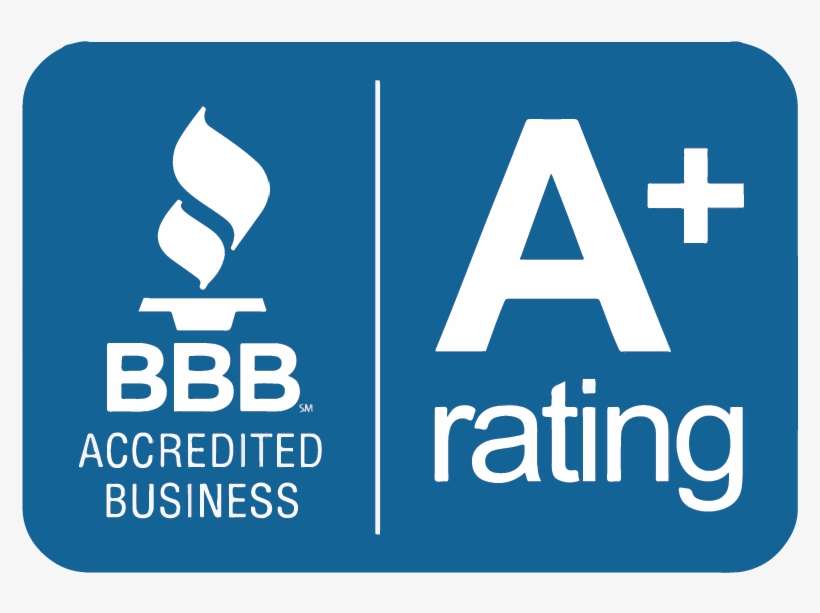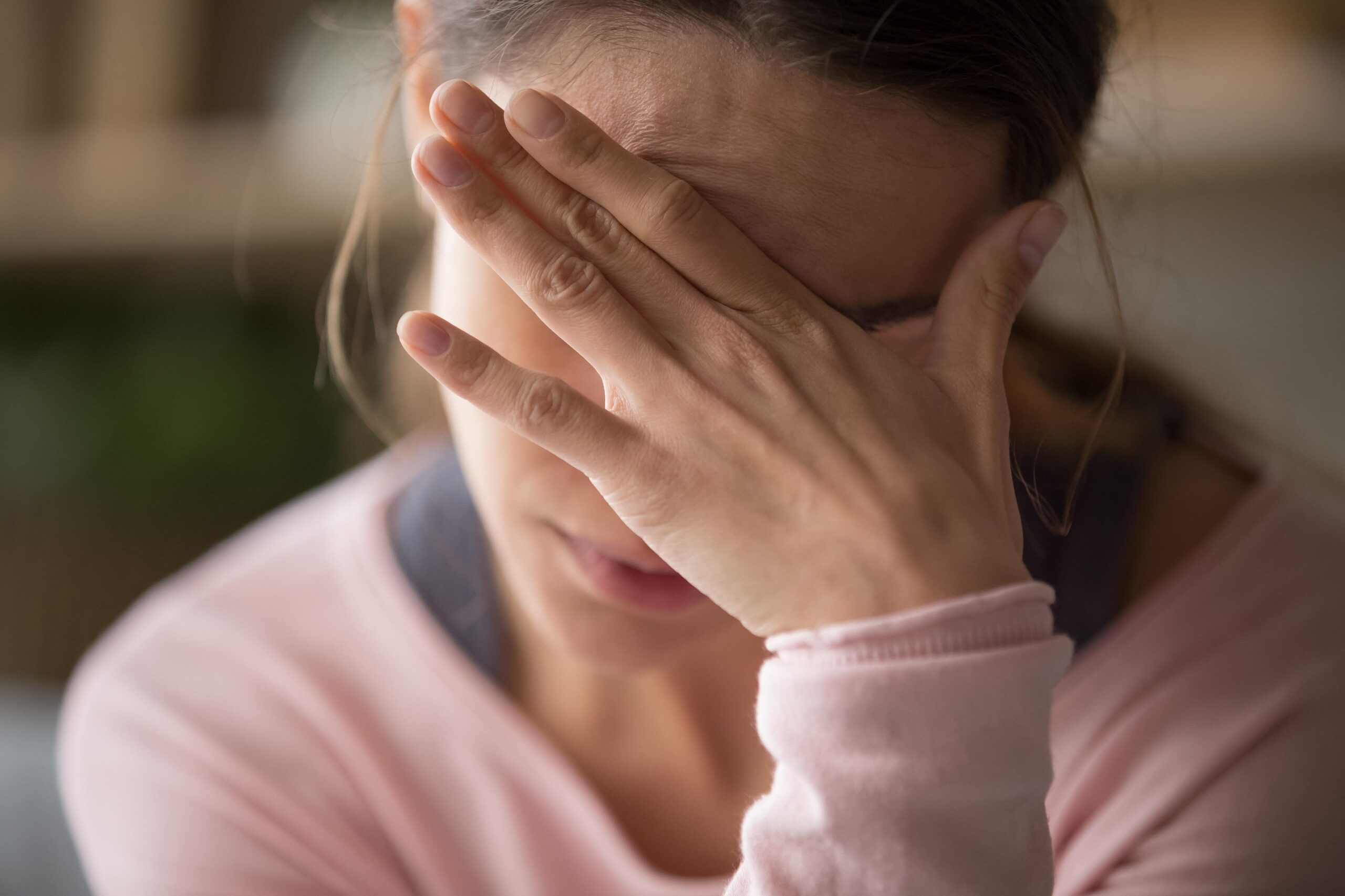Anxiety Treatment
In Costa Mesa
Every year, anxiety disorders affect 40 million adults or 18.1% of the population in the United States. It is the most common form of mental health disorder. It can develop from a set of risk factors, such as genetics, brain chemistry, personality, and life events. While many wonder, “Is Anxiety Considered Neurodivergent?”, it’s essential to note that anxiety can develop from various risk factors, including genetics, brain chemistry, personality, and significant life events.
Fortunately, anxiety disorders are highly treatable. Many effective treatments can help most people lead more productive lives.
At Acera Health, we offer residential and outpatient care solutions for individuals struggling with this disorder. Our anxiety treatment in Costa Mesa, Orange County is specifically tailored to meet your unique needs, no matter your situation.
With our proven continuum of care, we promote overall well-being to guide every individual in their journey towards recovery. Get in touch with us to learn more about our program in Costa Mesa and philosophy.
Different Types of Anxiety Disorders
It is normal for everyone to experience occasional anxiety. The feeling usually comes and goes, not disrupting your day-to-day life.
However, with an anxiety disorder, you may feel an overwhelming and persistent fear of ordinary situations. This disorder can significantly affect your relationships, school, or work performance. The most common types of anxiety disorders are (click on a tab to read more):
Generalized anxiety disorder is characterized by excessive and persistent worrying that interferes with a person’s day-to-day activities. This ongoing fear and anxiety often co-occur with major depression.
An individual suffering from GAD continuously worries over normal, unthreatening objects or events. These can include health, family, job responsibilities, school, money, and even minor matters. They are usually unable to find a healthy coping mechanism.
People with panic disorder often experience recurrent panic attacks, which combine physical and psychological distress. It may occur with other mental health conditions, such as depression or post-traumatic stress disorder.
This disorder can interfere with daily functioning and cause people to avoid situations for fear of experiencing a panic attack. Panic attacks may occur unexpectedly or may be expected, like a response to a feared object.
The symptoms can also be severe, leading many people to think that they are having a heart attack or another life-threatening illness.
Social anxiety disorder, also known as social phobia, involves significant anxiety and discomfort about being judged, embarrassed, negatively evaluated, or rejected in social interactions.
An individual with this disorder may worry about appearing or acting anxious or being viewed as awkward, boring, or stupid. This causes them to avoid social or performance situations, like eating or drinking in public, meeting new people, or public speaking.
Although people with social anxiety disorder recognize that their fear is unreasonable, they often feel powerless against their situation.
People who have experienced traumatic events may develop post-traumatic stress disorder, also known as PTSD. It is a potentially debilitating condition that causes them to be severely anxious and depressed for months or years.
An individual may also have trouble with family relationships or friendships. PTSD often occurs after witnessing or experiencing a sudden death of a loved one, serious accident, natural disaster, violent assault, terrorist incident, war, and other life-threatening events.
Obsessive-compulsive disorder, or OCD, involves intrusive, unwanted thoughts (obsessions) and irrational behaviors that a person feels compelled to perform (compulsions).
While individuals with OCD may recognize that their thoughts and behaviors do not make sense, they often find them uncontrollable. People with OCD experience various obsessions and compulsions.
Common examples of obsessions include the need for symmetry or cleanliness. Meanwhile, common compulsions include repetitive arranging, cleaning, or checking.
People with specific phobias have an irrational and excessive fear of an object, place, situation, or activity that is generally not dangerous. Although they know that the fear is unreasonable, they may feel powerless to overcome it.
Some individuals would even go to extreme lengths to avoid the uncomfortable and terrifying feeling. This can result in low self-esteem, strained relationships, reduced work efficiency, and disrupted daily routines.
Specific phobias may develop in childhood. However, the onset of most phobias usually occurs unexpectedly during adolescence or early adulthood.
Causes of Anxiety Disorders
The causes of anxiety disorders are varied and unknown. However, researchers believe that it likely involves a combination of genetic, psychological, developmental, and environmental factors.
In addition, researchers are currently looking into the areas of the brain that may be responsible for controlling fear or anxiety. The following factors may increase an individual’s risk of developing an anxiety disorder:
Traumatic experiences
Stress due to an illness or other life situations (family, work, or finances)
Certain personality types are more prone to experiencing anxiety disorders
Other mental health conditions, like depression
Having family members or relatives with an anxiety disorder
Alcohol or drugs
Distinguishing between mental health disorders can lead to enhanced comprehension and treatments. For example, understanding the Difference Between Social Anxiety vs. Avoidant Personality Disorder offers valuable insights into the diverse manifestations of anxiety and its related conditions.
Symptoms of Anxiety
The symptoms of anxiety may vary depending on the person. It can range from a general feeling of worry to an intense, uncontrollable fear taking over your whole body.
Common signs and symptoms of general anxiety include:
Feeling tense, nervous, or restless
An increased heart rate
Having a sense of impending doom, danger, or panic
Sweating
Trembling
Shortness of breath (hyperventilation)
Difficulty concentrating or thinking about anything other than worry
Having the urge to avoid objects or situations that trigger anxiety
Feeling tired or weak
Trouble falling asleep
Is my shortness of breath anxiety? This question often arises when these physical symptoms manifest without a clear medical cause, highlighting the need to understand anxiety’s physical impact. To further understand the underlying mechanisms contributing to these symptoms, our article “How Does Anxiety Affect the Brain?” provides detailed insights into the neural workings influenced by anxiety.
Anxiety Treatment Options
at Acera Health
Acera Health provides several different mental health treatment programs to help our patients recover from anxiety. All of our levels of care are able to handle anxiety disorders.
Our therapists can work with you or your loved one to determine what program would best fit their anxiety treatment.
Partial Hospitalization
Intensive Outpatient Program
See How Others Have Found Their Healing
Successful trauma therapy involves a combination of tactics with an individualized approach to each patient. At Acera Health, we seek to only implement evidence-based therapy options with a proven track record.
Anxiety Treatment Options At Acera Health
Several techniques have proven to be effective in helping people with anxiety disorders. These treatments may vary depending on the individual’s needs. It is important to discuss your options with a trusted healthcare provider. This ensures that you will find the best approach to manage your symptoms.
While medications, such as antidepressants and sedatives, offer symptom relief, balance brain chemistry, and can ward off episodes of heightened anxiety, there are other ways to tackle anxiety without solely relying on pharmaceuticals. A prominent alternative method is therapy. Cognitive behavior therapy (CBT) stands out as the most frequently utilized treatment for anxiety, often in tandem with exposure therapy. CBT, a type of talk therapy, zeroes in on reshaping negative thought patterns, reactions, or behaviors. Additionally, it imparts crucial tools and coping mechanisms to combat anxiety when it strikes. If you’re exploring diverse means of managing anxiety, our article on How to Manage Anxiety without Medication offers a comprehensive overview.
It is a type of talk therapy that aims to change your negative thinking patterns, reactions, or behaviors. CBT also helps you learn valuable tools and coping strategies when anxiety occurs.
Acera Health’s anxiety treatment center in Costa Mesa, Orange County is prepared to help you find your path to mental health recovery. Contact us today to get connected with one of our mental health professionals.







